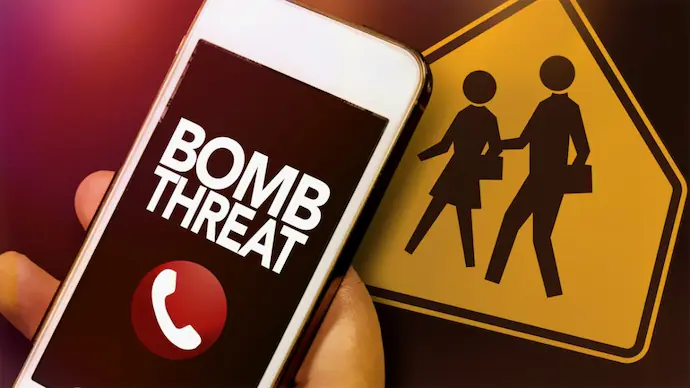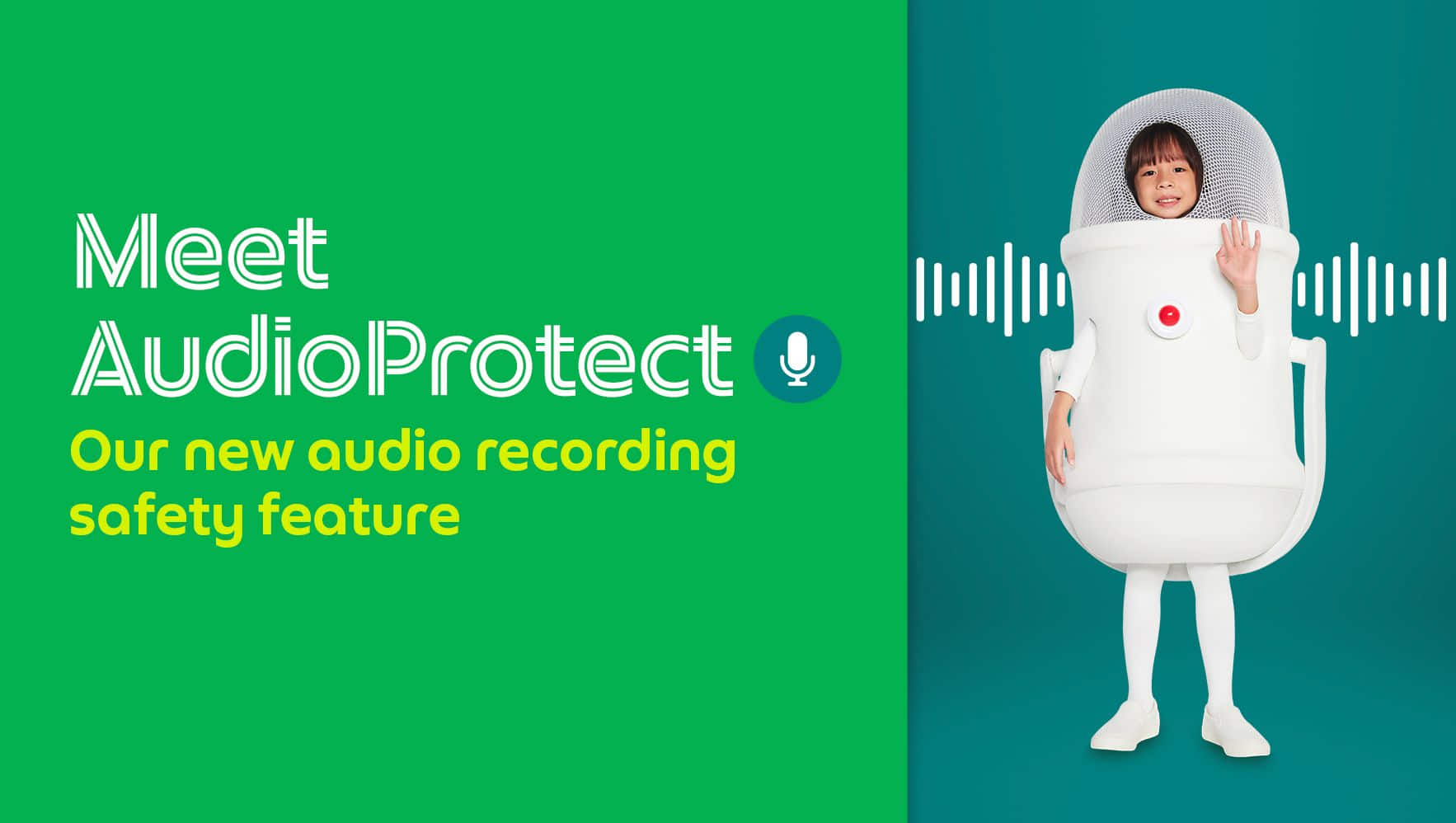The Civil Aviation Authority of the Philippines (CAAP) now allows the use of portable electronic devices (PEDs) like laptops, cellular phones, and music players on board commercial flights.
CAAP has released today Memorandum Circular 52-13, series of 2013 covering conditional use of transmitting portable electronic device (TPED), music player (MP3), and global system for mobile communication on-board aircraft (GSMOBA) on all commercial aircraft operating within or en-route the territorial jurisdiction of the Philippines.
CAAP Director General William K. Hotchkiss III said that the memorandum allows people on board commercial aircraft conditional use of laptops and cellular phones, Internet or short-message-service (SMS) or voice communications, and other broadband services during flights.
The conditions and limitations set by CAAP are:
When the aircraft doors are still open, passengers are allowed to use laptops, mobiles phones, Internet or short-message-service (SMS) or voice communications unless the Pilot-In-Command and/or Senior Cabin Crew would specifically announce on the public address system (PAS) its prohibition.
Using laptops with broadband communications and cellular phones are not allowed when the aircraft is refueling. During the same instance, all transmitting portable electronic devices are to be turned off.
When the aircraft doors are closed. Transmitting portable electronics devices, on silent mode, may be used only for short-message-service (SMS) or Internet.
Calls are not allowed except the use of GSMOBA provided its use does not interfere with the orderly conduct of flight.
Playing games on electronic devices are allowed but the devices are to be set on on silent mode.
The use of MP3 players should always be with earphones and not with additional or separate speakers and/or amplifiers.
CAAP said that the memorandum circular takes effect 15 days after compliance with the single publication in a newspaper of general circulation and a copy filed with the UP Law Center-Office of the Administrative Register in UP Diliman in Quezon City.
Allowing personal electronic devices in commercial flights started when the US Federal Aviation Authority announced last November that airlines can safely expand passenger use of PEDs during all phases of flight and started providing airlines with implementation guidance to do so. The decision came about when the FAA’s PED Aviation Rulemaking Committee concluded that most commercial airplanes can tolerate radio interference signals from PEDs.







